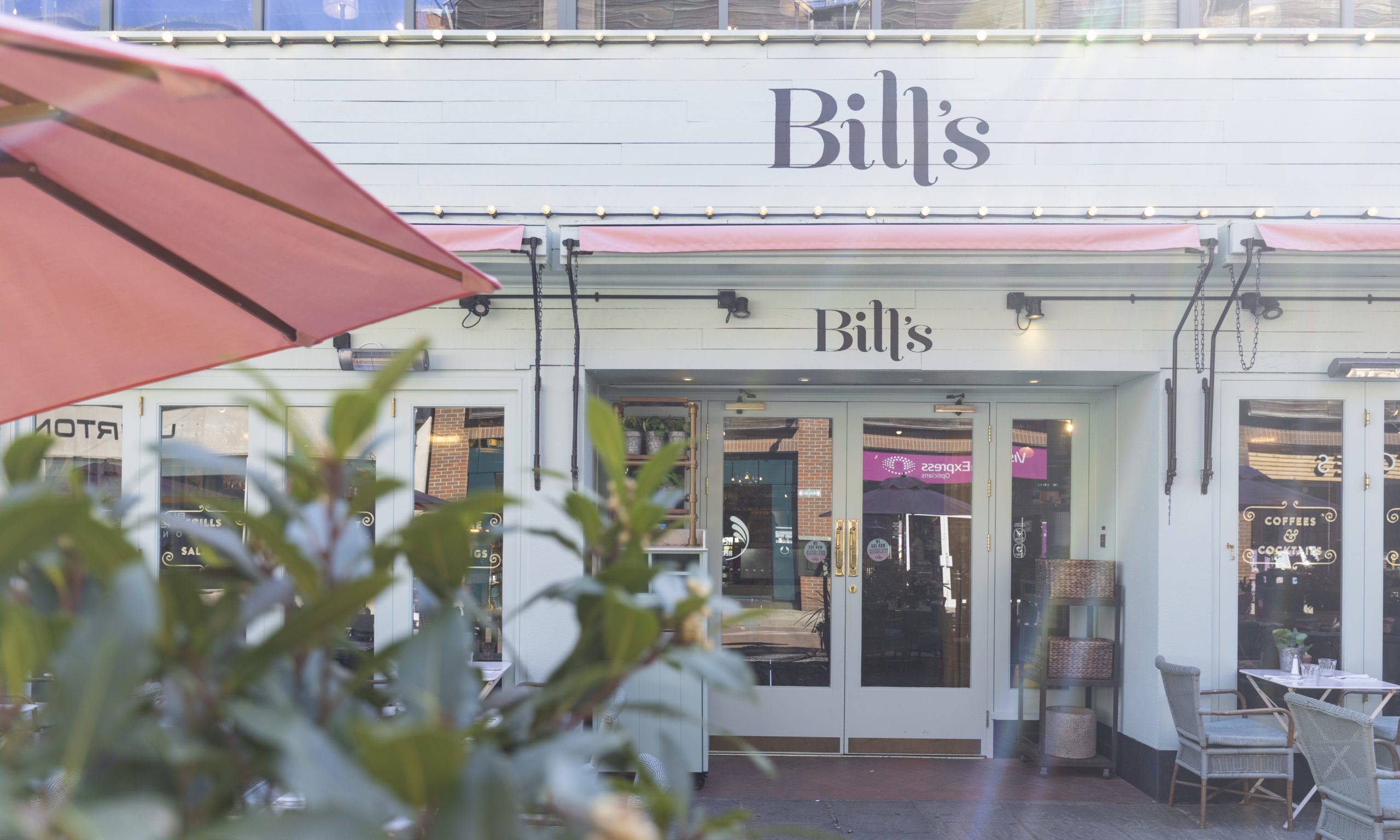Register to get 2 free articles
Reveal the article below by registering for our email newsletter.
Want unlimited access? View Plans
Already have an account? Sign in
As the country continues to navigate a new chapter outside of the EU, it is becoming even more crucial to identify those sectors that have the capability to drive economic growth and foster innovation. Catering is an industry that has proven its resilience and thirst for innovation over recent years, especially in the face of challenges like the pandemic, inflation and Brexit. Yet, nurturing entrepreneurship is essential if we are to truly exploit the potential for hospitality to become a central pillar in post-Brexit Britain.
Historically, the UK’s food and hospitality has been an afterthought and, arguably, looked down upon as a profession. Despite this, it accounts for ~8% of UK employment and ~3% of UK GDP. Not only does this feel imbalanced, but it is also a heavily underinvested sector. If we invest in hospitality at the core of education in the UK, the ripple effect on aspects such as nutrition and obesity could be significant. Attracting new talent in this sector is fundamental for the future of our economy, but we must create jobs that are regarded as professional and skilled. Investing in catering and entrepreneurship will furnish the sector with greater power to generate significant employment opportunities as well as stimulate economic growth.
Reforming education: a fundamental shift
We need to address education at a fundamental level, moving away from pure academic focus with core subjects. While traditional subjects have their merits with many skills being transferable, we shouldn’t neglect the practical areas such as personal finance, general business studies and education around aspects such as food and nutrition – which should be part of the core curriculum. It would be highly valuable for young people to learn about accounting and financial management, marketing and economics, for example.
The catering industry is renowned as being labour intensive as a career, but it is also known for providing a wide variety of professions with varying skill sets. If the Government addresses education in the right way, making business studies, hospitality and food part of the wider curriculum, we will begin to shift opinions and foster a culture of innovation in this sector – not to mention create a supportive environment for both small and large businesses to thrive.
Post-Brexit Britain also has an opportunity to showcase its culinary excellence to the rest of the world. The country’s rich history attracts millions of tourists every year (37.9 million visitors in 2021). However, there is a lack of knowledge about the sector, its history and its evolution. Young people are not exposed to catering in school when they reach their late teens, yet cookery and nutritional education is a highly valuable life skill. If we invest in catering and entrepreneurship in our schools from a young age and celebrate the diverse range of traditional and modern cuisines we have in the UK, we have the potential to become a global hub for quality food, creativity and innovation.
A catalyst for progress
Despite entrepreneurship being the driving force behind innovation and economic progress, the Government seems to have got into the habit of taking reactive actions and then paying for it (on Jan 23 the UK national debt is 100.1% of UK GDP). This is quite the contrary to being a cash-starved start-up that must pinpoint exactly how it is going to spend its money before spending it. It seems short sighted in many respects because by promoting entrepreneurship as a valid and skilled career choice, the Government can inspire individuals to pursue their passions and turn them into successful businesses. If the individuals are focused on the catering sector, encouraging innovation will also lead to the development of new products, ingredients, services, and technologies that can support business with their kitchen management and cost control, enhancing the overall competitiveness of the sector.
The UK’s balance sheet is getting worse. Cost of living is spiralling, and the hospitality and catering sector is still grappling with staff shortages, rising costs and decreasing consumer spend. We need a long-term investment in this sector, and it must start within our schools. We need to move away from the ‘pass or fail’ system and instead embrace talent and individualism. As it stands, young people are led to believe that their future hinges on passing or failing exams. We need to lean into talent and the diversity of abilities each individual has – we need to nurture passion and teach young people to take risks, that failure is normal and how to learn from it. There is no ‘one’ path in this life today; we have to give future talent the option to be authentic and to have the courage to break the mould.
Hospitality and entrepreneurship have the potential to become a central pillar in post-Brexit Britain. By prioritising lifeblood industries like catering and hospitality, the Government can stimulate economic growth, create employment opportunities, showcase British culinary excellence, foster innovation, and enhance cultural exchange. But working towards a brighter future in this industry means embracing change, even if that change breaks the status quo that we have become too reliant upon.



















